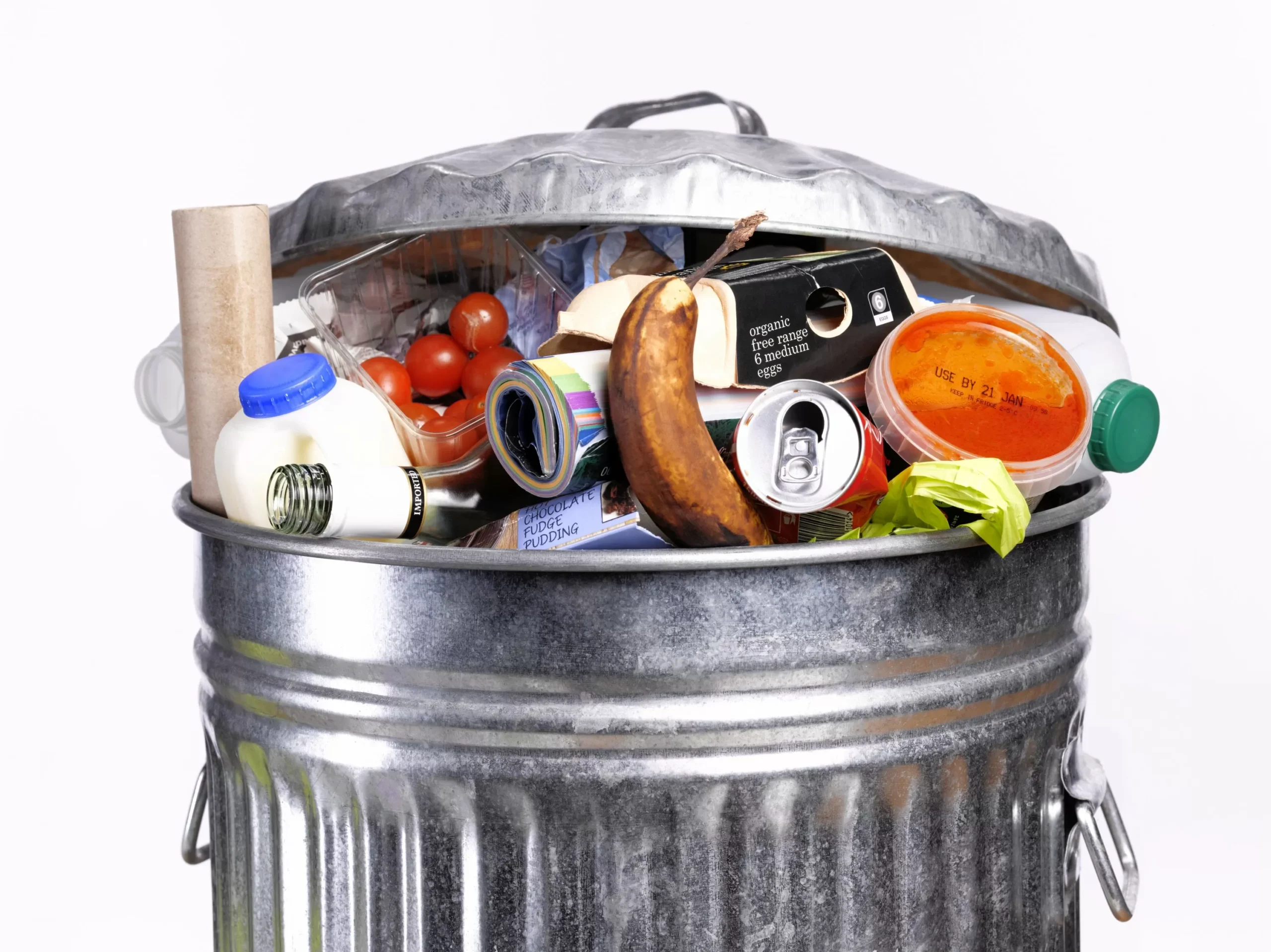Halving Food Waste: A Solution for Climate Change and World Hunger
Food waste is a pressing issue that affects us all. According to the United Nations, approximately one third of all food produced globally goes to waste, totaling to around 1.3 billion tonnes each year. Not only is this a shocking and appalling figure, but it also has significant consequences for our planet and its inhabitants.
In a world where over 800 million people are undernourished and millions suffer from food insecurity, the wastage of food is a tragedy. Yet, this crisis goes beyond just hunger and malnutrition. Food waste also has a devastating impact on the environment, contributing to climate change and its subsequent consequences.
However, there is a glimmer of hope and a practical solution to this problem. The Organisation for Economic Co-operation and Development (OECD) has recently published a report that states halving food waste globally could not only curb climate-warming emissions, but it could also put an end to undernourishment for 153 million people worldwide. This is a powerful statement that highlights the urgent need to address this issue.
Food waste affects the environment in various ways. First and foremost, it is a significant contributor to greenhouse gas emissions. When food is thrown away and ends up in landfills, it decomposes and produces methane, a potent greenhouse gas that is 25 times more harmful than carbon dioxide. This waste also leads to the misuse and wastage of valuable resources such as water, land, and energy. Food production requires large amounts of water and land, and the energy used for growing, harvesting, transporting, and packaging goes to waste when food is thrown away.
The impacts of food waste on the environment have far-reaching consequences. It not only contributes to climate change, but it also affects biodiversity and natural ecosystems. Moreover, it perpetuates the cycle of poverty and hunger, especially in developing countries, where food is scarce and resources are limited.
The OECD report highlights that if we can reduce global food waste by just 50%, we could prevent 1.5 gigatons of carbon dioxide equivalent from entering the atmosphere. This is equivalent to taking 650 million cars off the road. Additionally, it would save 375 million hectares of land from being used for food that ultimately goes to waste.
Furthermore, reducing food waste has a direct impact on hunger and malnutrition. The report states that the food saved from halving food waste could supply enough food to feed 153 million people who suffer from undernourishment globally. This is a staggering figure that demonstrates the potential of this solution.
Not only would reducing food waste address climate change and hunger, but it also makes economic sense. The report estimates that the monetary value of food wasted globally is around $700 billion per year. This highlights the potential economic benefits of minimizing food waste, not just for the environment, but also for businesses and economies.
The OECD suggests various strategies to reduce food waste, such as improving storage and transportation methods, educating and raising awareness amongst consumers, and implementing policies and regulations at the government level. However, this problem cannot be solved by one entity alone. It requires a collective effort from all sectors – from farmers and producers to consumers and policymakers.
As individuals, we can also play a significant role in reducing food waste. Simple steps such as planning our meals, buying only what we need, and properly storing leftovers can go a long way in minimizing wastage. Additionally, we can also support local food banks and organizations that work towards reducing food waste and providing meals to those in need.
In conclusion, halving food waste has the potential to be a game-changer in our fight against climate change and world hunger. It presents a practical and achievable solution that can make a significant impact on both the environment and human lives. It is time for us to take action and work towards a more sustainable and equitable future for all.
Let us not waste food, let us not waste resources, and let us not waste the opportunity to make a positive change in the world. By halving food waste, we can create a healthier planet and a better future for generations to come. It is not just a responsibility, but it is also a moral obligation to take action and work towards this goal. The time to act is now.








